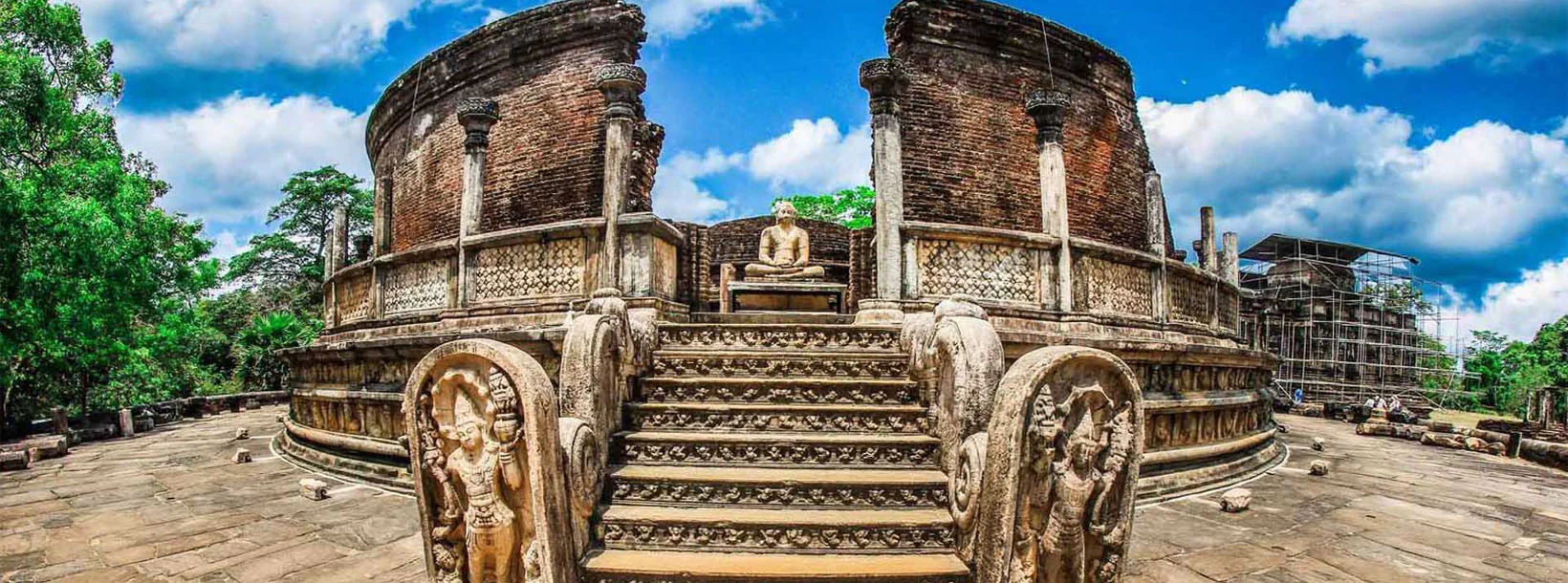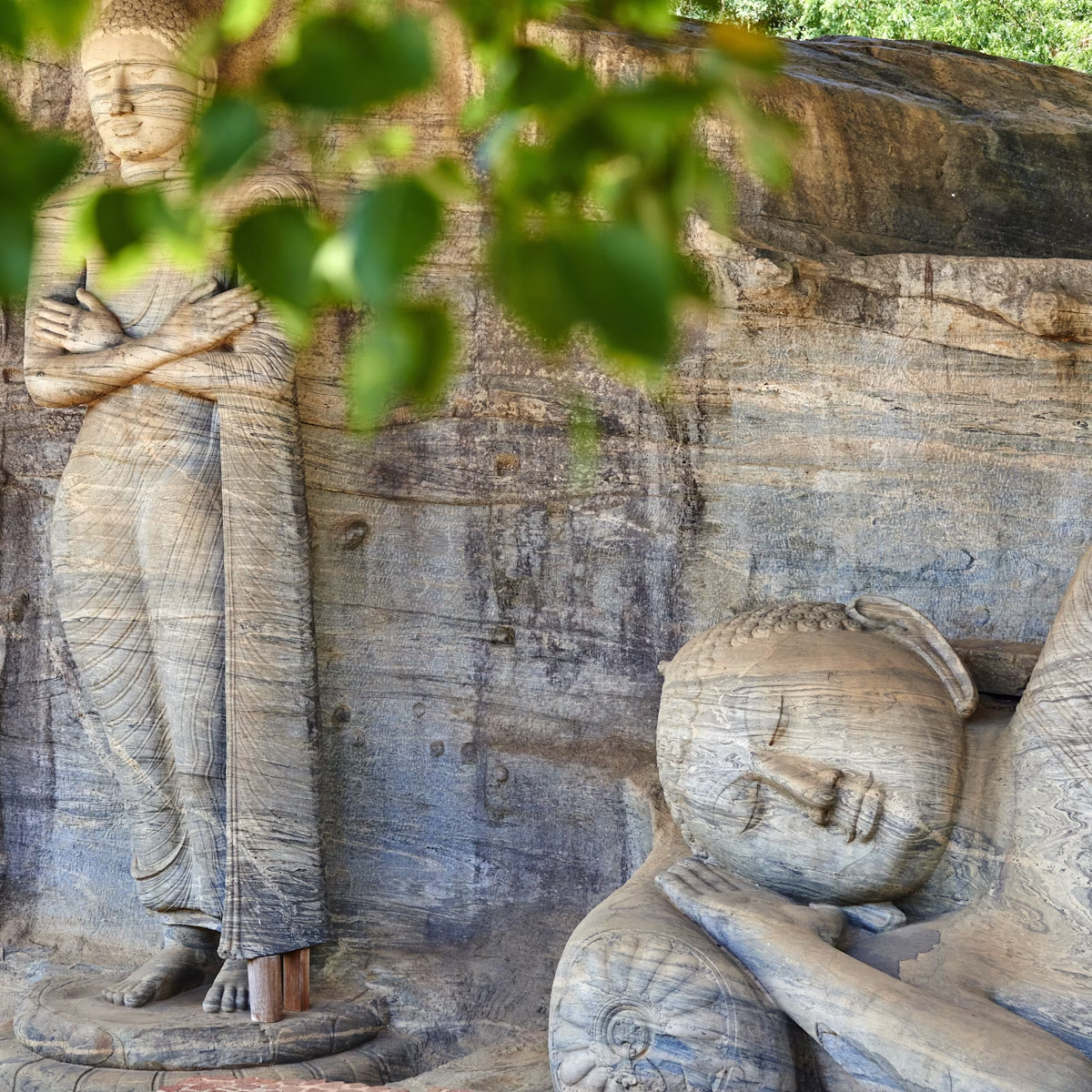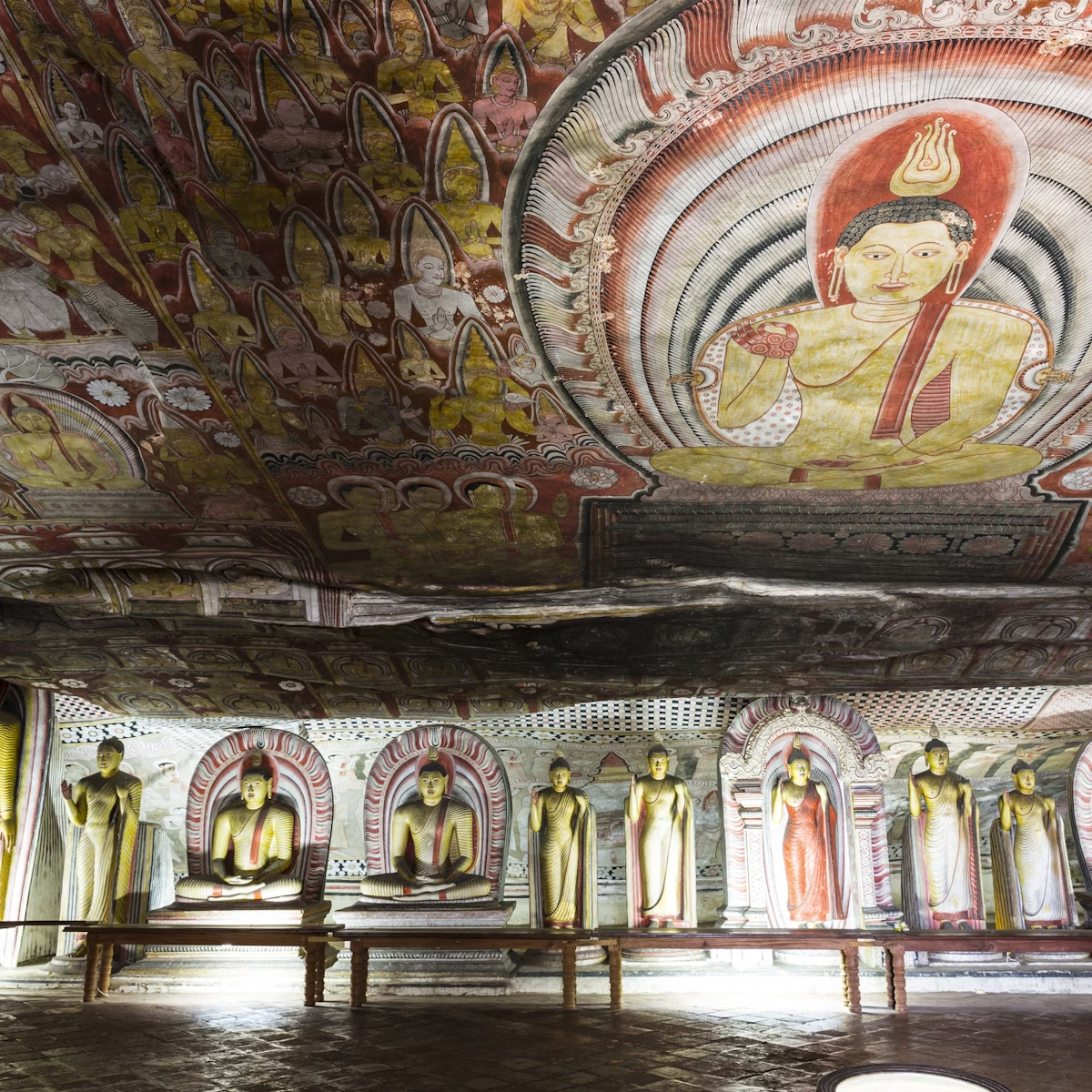About Polonnaruwa Archaeological Museum
The Archaeological Museum of Polonnaruwa, also known as the Polonnaruwa Museum, is the best starting point for exploring the ancient city. Located near the entrance to the Polonnaruwa ruins, the museum offers deep insight into the history, art, architecture, and daily life of Sri Lanka’s second ancient capital.
It was established and curated by the Department of Archaeology of Sri Lanka, and presents findings from the 10th to 13th centuries, primarily from the Polonnaruwa Kingdom.
Best Time to Visit
The museum opens at 9:00 AM starting early helps you avoid the afternoon heat

Things to Do
- History and Timeline Displays
Learn about Polonnaruwa’s historical rise under King Vijayabahu I and King Parakramabahu I, and how it became a thriving religious, political, and cultural center.
- Scale Models of Ancient Monuments
See accurate scale models of Polonnaruwa's major sites (e.g. Royal Palace, Gal Vihara, Vatadage), helping you visualize their original glory.
- Stone and Bronze Statues
Admire intricately carved Buddha images, Hindu deities, and stone relics from the temples and monasteries.
- Inscribed Stone Slabs (Stone Inscriptions)
View original inscriptions in ancient Sinhala and Tamil, which documented royal orders, religious practices, and trade laws.
- Reconstructed Moonstones and Guardstones
See well preserved and labeled examples of these iconic Sinhalese architectural elements, used at temple entrances.
- Coins, Pottery, and Tools
Explore daily life artefact's, including trade coins, cooking pots, grinding stones, and agricultural tools from over 800 years ago.
- Religious Relics and Ritual Items
Examine items used in Buddhist rituals, including stupa decorations, relic caskets, and stone lotus pedestals.
- Interactive Maps and Site Layouts
Get a full overview of the ancient city layout, including where specific ruins lie in relation to each other.
Key Details
Location: Near the entrance to the ancient city of Polonnaruwa
Time to Spend: 45 minutes to 1 hour
Photo Gallery



